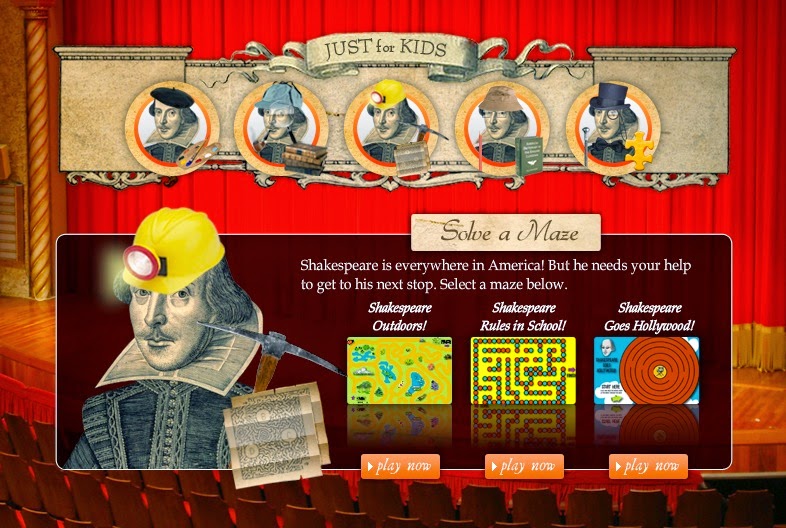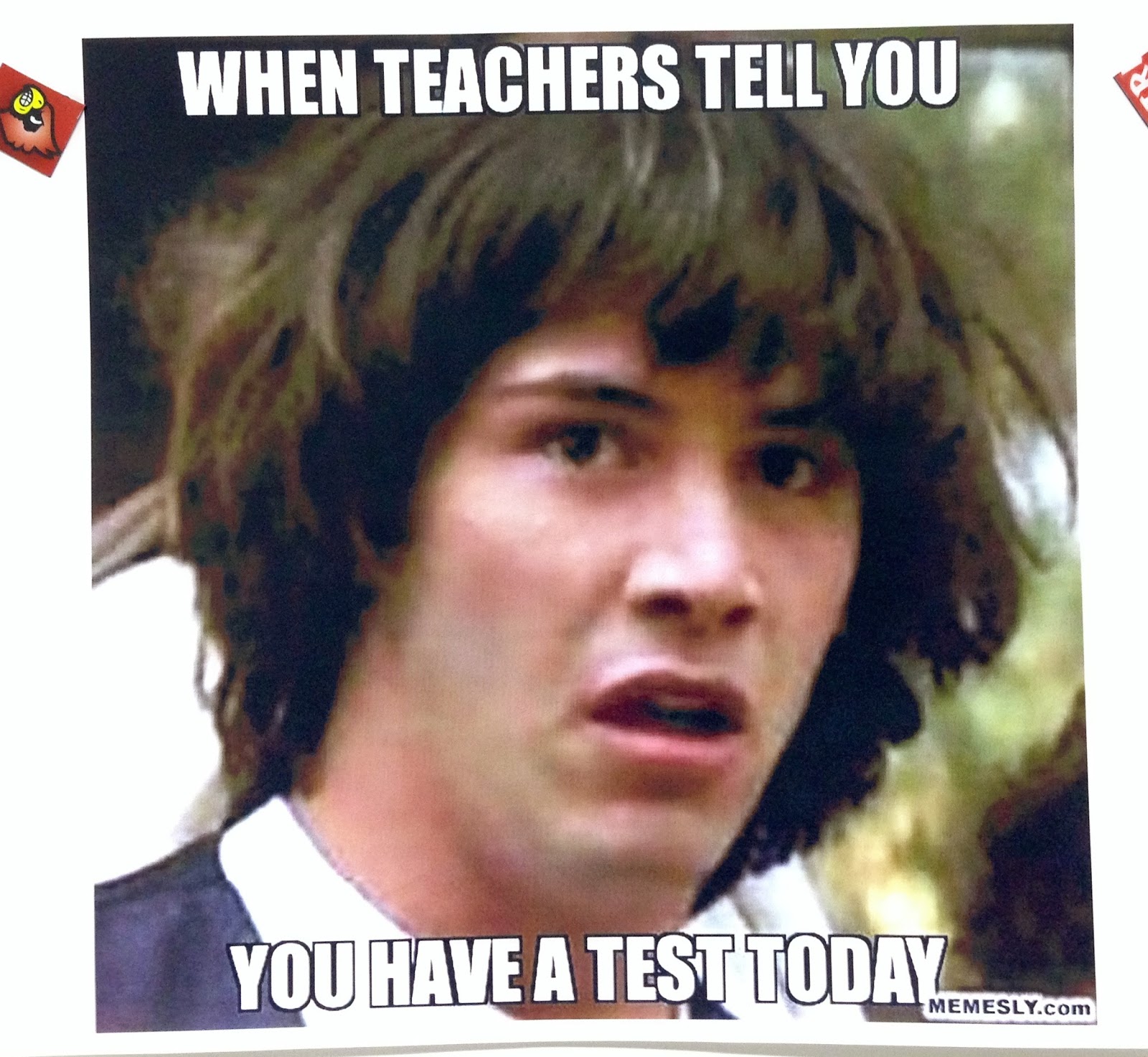When I first heard someone mention interactive notebooks, I thought they meant "interactive" as in digital interaction between peers.
But I was completely wrong. "Interactive," as in "interactive notebook," refers to a student's collection of notes and graphics. They are personal tools for students to process ideas and concepts. The "interaction" part is the student interacting with the notes (rather than with other students). The more students interact with the information (have multiple senses connected with it), the more they can retain knowledge.
This makes sense to me because even though I love technology and would never want my students to be without access to their laptops, I still firmly believe writing with a pencil and reading a physical paper book helps my students remember and connect more deeply with the text.
With that in mind, I've been busy finding ways to incorporate more hands-on projects with my secondary students. (I've noticed that much of what is on the market for interactive notebooks is elementary-targeted.) I created a variety of resources and have bundled them all together here:
My bundle includes all of the following original products from my store.
I created these tabbed mini-books to use with both fiction and nonfiction text:
The books (Theme, Plot, Story Elements, Vocabulary, and Figurative Language Analysis) practice the following literature standards for grades 6-12: CCSS.ELA-LITERACY.CCRA.R.1, CCSS.ELA-LITERACY.CCRA.R.3, CCSS.ELA-LITERACY.CCRA.R.4, CCSS.ELA-LITERACY.CCRA.R.5, and CCSS.ELA-LITERACY.CCRA.R.6. They also cover these reading informational standards and language standards: CCSS.ELA-LITERACY.CCRA.R.1, CCSS.ELA-LITERACY.CCRA.R.4, and CCSS.ELA-LITERACY.CCRA.R.5; CCSS.ELA-LITERACY.CCRA.L.4, and CCSS.ELA-LITERACY.CCRA.L.5.
These are handy for using with individual stories and novels. Students can easily refer back to them later and compare two texts with one another. They are perfect for using as a source when writing a literary analysis paper or compare/contrast paper.
The wording/language used is targeted toward secondary students.
Plus, they are easy to put together: no glue is needed. Students can just assemble the pages and staple them. They can be affixed inside an existing notebook or not.
Teachers can add as many or as few pages to the books. (This can be helpful for the plot analysis events and the vocabulary analysis book, both shown above.)
If you want to purchase a BLANK TEMPLATE for the mini-books, you can find them here in my store (commercial use is allowed): EDITABLE MINI BOOK TEMPLATES for CUSTOMIZING PAGES
I also created a bundle of literature resources to cover all of the 6-12 Common Core State Standards (CCSS) for reading. Even if your state does not use the CCSS, you can still utilize these resources. The skills practiced still involve essential reading and critical-thinking skills. I separated the foldables by standards, but they are not labeled on the templates themselves.
It includes over 90 different activities, which are scaffolded for introducing skills and differentiated for progressing into more advanced skills.
One of the more difficult activities for my students over the past few years has been analyzing an event to see how it provokes a decision, propels the action, and reveals aspects of a character. I'm not sure why they struggle so much with this skill (reading standard 3), but breaking down single events and dialogue will help. The foldable above has students write each response on a clock face, then stack on top of each other and staple for a complete analysis of an event (below).
Another higher-level skill practiced is comparing/contrasting two different works and analyze how the two authors approach the material both differently and similarly. (Reading standard 9)
Secondary students may also appreciate graphics they can relate to.
A secondary interactive bundle would not be complete without the Bard, right!?
If you wish to purchase the BLANK TEMPLATES for these (and many more) interactive notebook activities, you can find them here (commercial use is allowed): INTERACTIVE NOTEBOOK BLANK TEMPLATES
I'd love your feedback!
Comment below with your experience using interactive notebooks in your classroom.
• What kind of notebooks do you use (spiral vs. composition)?
• How often do you use them with your students?
• Do you have any tips for teachers starting out?
Thanks for stopping by and sharing!



































































